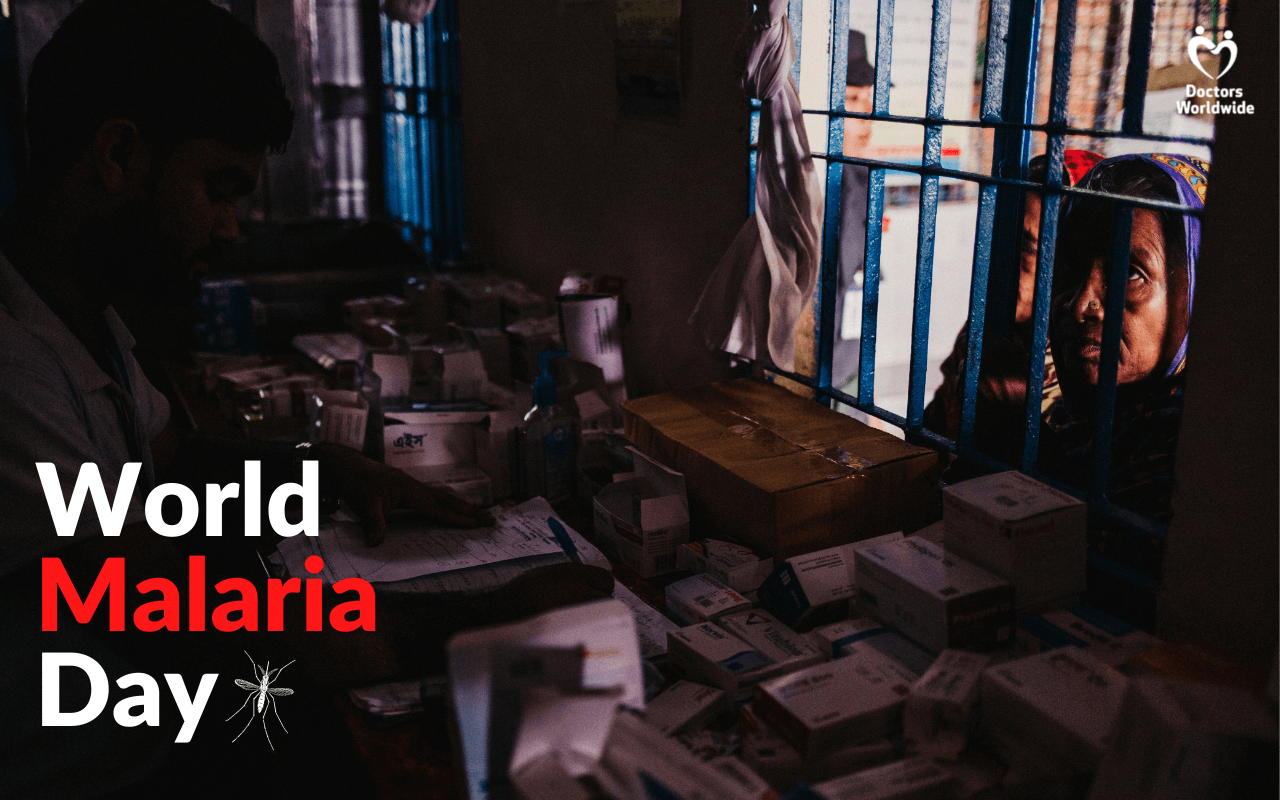Since the beginning of the COVID-19 pandemic, there have been over 500 million cases of the virus worldwide – an illness that only came into existence less than 3 years ago. Meanwhile, malaria, a disease that many of us do not consider a serious threat, has infected 241 million and killed 627,000 people in the year 2020 alone (WHO, 2022).
Malaria is both a preventable and treatable disease that remains a major health problem in over 70 countries, especially in African regions, which saw 95% of the total cases from 2020. Furthermore, it is the third-largest killer of children (below the age of 5) after pneumonia and diarrhea (Unicef, 2018).
Whilst vector control such as [i.e., insecticide-treated nets (ITNs) or indoor residual spraying (IRS)] is considered one of the most effective tactics for reducing the transmission of malaria, this method is negatively impacted by environmental factors, such as climate change and global warming. However other key measures to prevent, cure, and eradicate malaria through medication and vaccination are also still critical, and all these methods are supported through our Life Saving Fund supports through your donations.
This World Malaria Day, donate to our Life Saving Fund, and enable us to serve those most in need through low cost, high impact solutions. Just £1 can provide life-saving treatment such as antibiotics, malaria tablets and rehydration care to vulnerable patients who would not be able to survive without this medication and support. Every donation, no matter how big or small, saves lives.
DONATE NOW
Make sure to share this article with your friends and family, follow us on social media (twitter, facebook, instagram, linkedin) and subscribe to our mailing list below for regular updates and campaigns.


